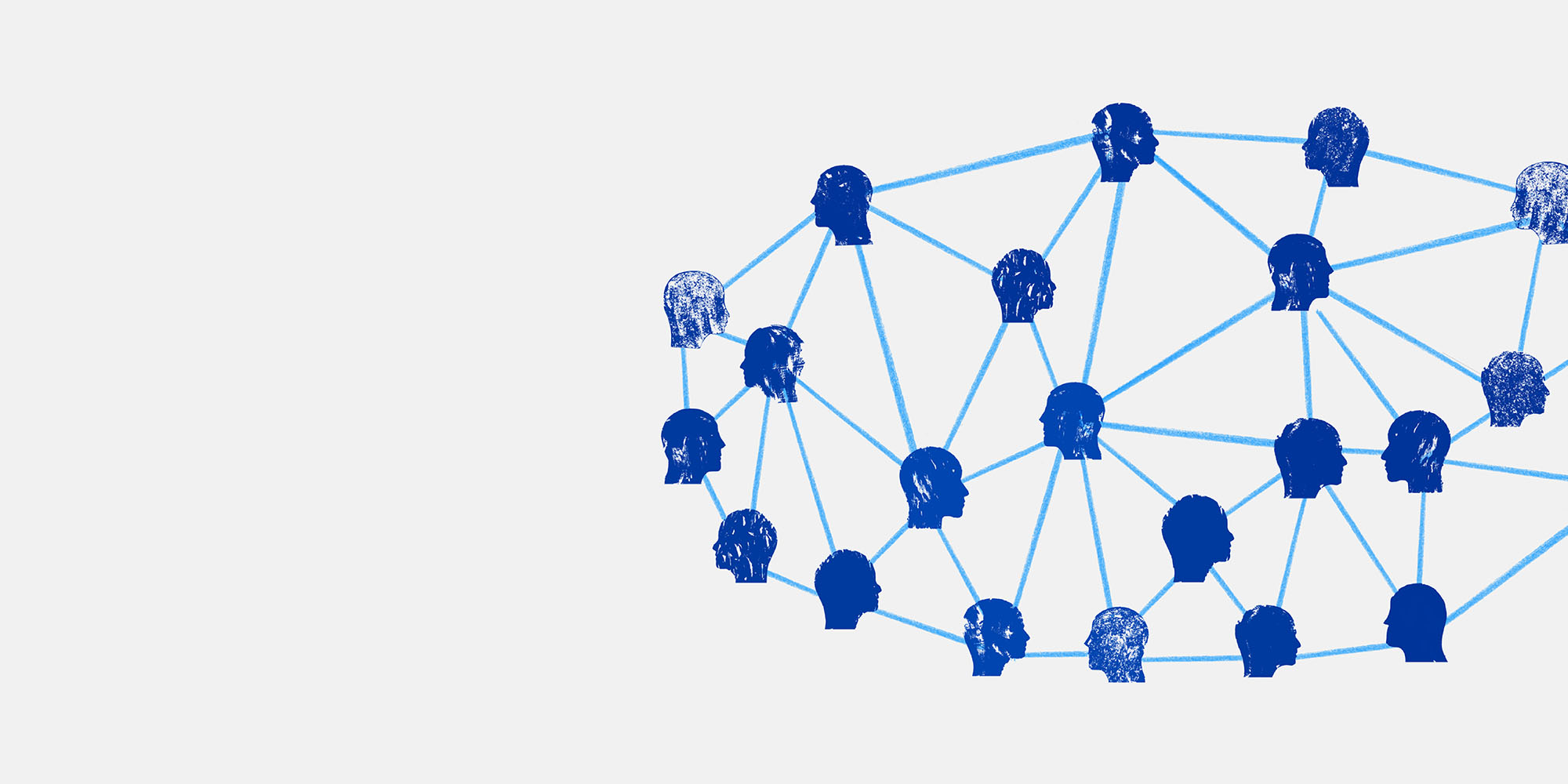
What are the learnings so far at Integrated Care System (ICS) level to reduce health inequalities?
In conversation with NHS Gloucestershire Integrated Care Board (ICB)
The need for local community action to address health inequalities has never been greater. Over the last few months, we’ve seen a disbanding of the Office of Health Inequalities and Disparities (OHID), the government department set up to drive a meaningful step change in health inequalities.
However, with disappointment comes opportunity.
In a year of political change, many are looking to ICSs who have a statutory duty to reduce health inequalities, as the engines of meaningful progress. Now almost two years on since their formal legislation, each ICS is taking a different approach in response to addressing health inequalities, with great success.
We sat down with Becca Smith, Associate Director Clinical Programmes, Frances Beavis, Senior Project Manager and Natalia Bartolome Diez, Insights Manager EDI to talk about their tailored approach to working with people and communities, and why they are confident it is already working.
What are you doing differently to understand the nuances of the diverse community you work with?
Everything starts with building trust. Whilst national health campaigns over the years have had great results in shifting behaviour, it is the underserved populations that are often forgotten. There are multiple reasons for this, too many to get into today, but one of the most important factors is a lack of trust in the health system. We decided to create a new role, an ‘Insights Manager’ to act as the point of reference for many different religious, ethnic and social-economic communities into the NHS to work out how to overcome this. Our Insights Manager’s main role is to listen and to truly hear the needs of seldom heard communities. Doing this allows us to truly understand what we need to do differently, what are the simple fixes and what are the longer-term changes that will get the results these groups deserve. All good plans start without assumption, and we are seeing the benefits of this first hand.
And more broadly, how does addressing health inequalities fit within your wider organisation?
Often within an ICB, there is a dedicated health inequalities team. However, responsibility for health inequalities is also shared by team members across the organisation, including team members in specific disease areas −transformation roles as well as clinical leads may share responsibility.
If you are interested in collaborating with an ICB on a health inequality initiative, we would recommend mapping stakeholders via desk research. You should also be prepared to speak with several people within the ICB to identify the right person with responsibility for your area of interest.
Is it time to stop categorising ‘ethnic minorities’ into a catch all definition?
We have seen that there is real benefit in developing engagement strategies that are tailored to specific ethnic groups. There are different social and cultural norms between different groups and with this, different barriers and drivers. There can be a tendency to develop health engagement strategies for all ethnic minority communities but increasingly as a sector, we are understanding that engagement needs to be more specific. What might work for one community may not work for another.
Do you have any projects that show this new approach is succeeding?
There are a few examples that we are incredibly proud of.
Our collaboration with the Gloucester Health and Care Community Cancer team to host an early diagnosis in prostate cancer event for Black men demonstrated how local community events are starting to inform local policymaking.
Firstly, we made sure that the prostate cancer event was hosted in a local, familiar space that Black men attended regularly – in this case the local community centre. We also invited a range of people including doctors, clinical nurse specialists, support workers and a Black man with lived experience to provide information on the symptoms of prostate cancer, treatment options and support options.
During the event, attendees suggested some helpful screening recommendations, including offering a drop-in clinic at the community centre for prostate-specific antigen (PSA) testing. This will be discussed with Gloucester ICB’s Cancer Patient Reference Group, a group of people affected by cancer that inform the strategy and activity of the ICB.
We also worked with the Gloucester South Asian local community centre over the course of a year to explore barriers to NHS England’s digital diabetes platform, which sets out to help people manage their diabetes. We managed to identify specific language barriers and develop solutions to inform a national pilot programme.
It’s great to see these new approaches achieving high engagement from communities and now feeding in to how we shape our services in long-term chronic conditions.
If you are interested in further examples of local best practice or how to work collaboratively with an ICB, contact Rose Brade at rosebrade@wacomms.co.uk or Clara McDermott Simarro at claramcdermottsimarro@wacomms.co.uk.
